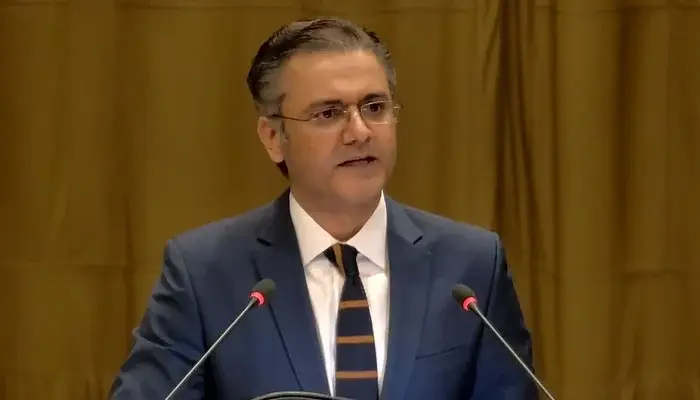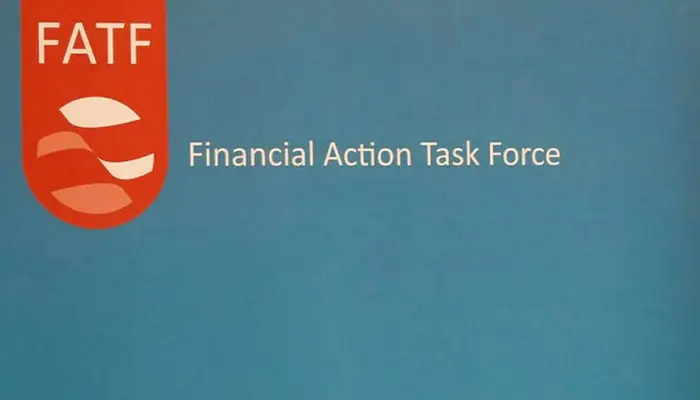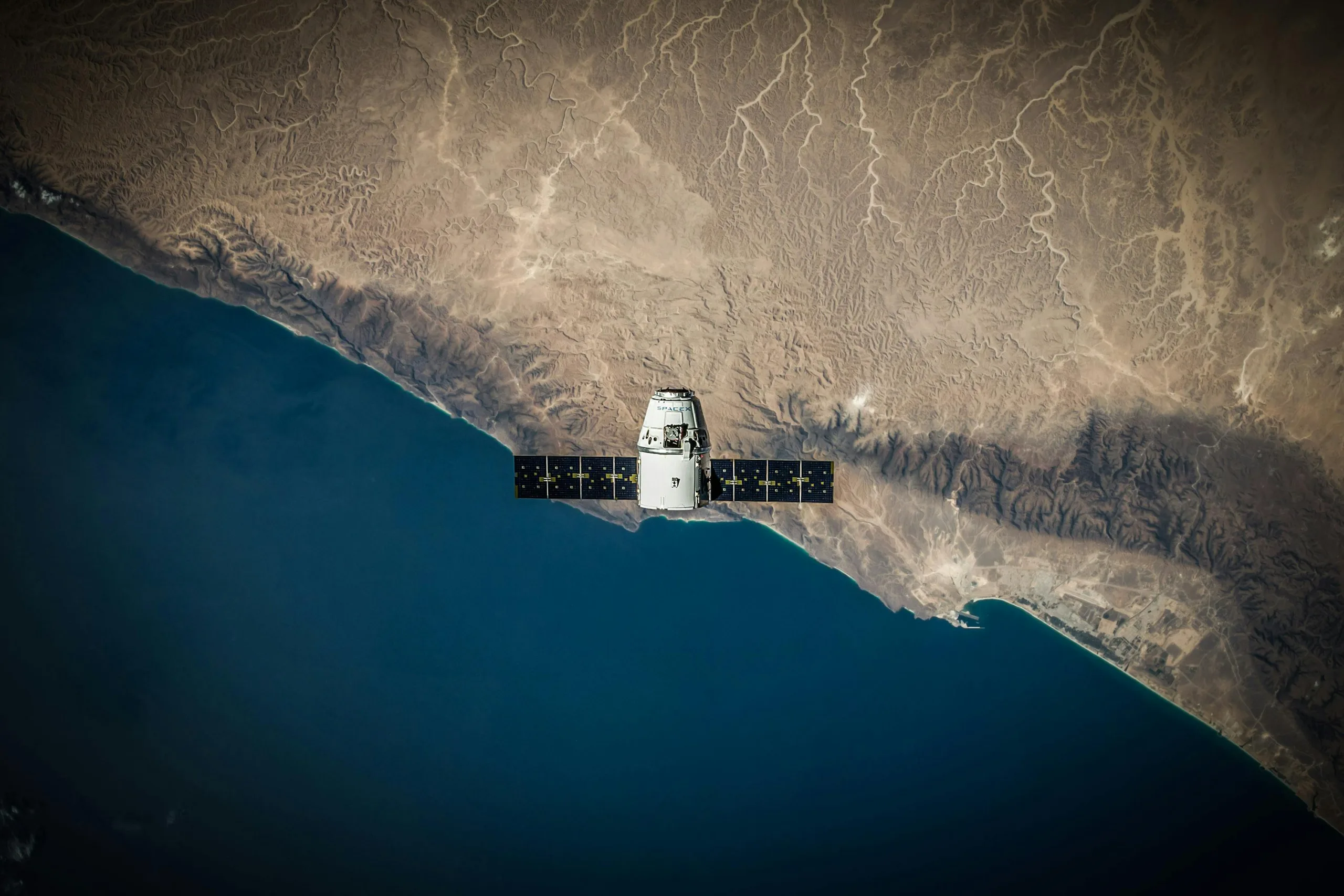
Attorney General for Pakistan (AGP) Mansoor Usman Awan has called on the International Court of Justice (ICJ) to address the climate crisis and challenges posed by climate change. Speaking at a public hearing, he stressed that ignoring this climate emergency is no longer an option for humanity. Highlighting the catastrophic impacts on Pakistan, he urged immediate global action to prevent further devastation.
Addressing Climate Change at the ICJ
During his address, the AGP outlined the grave consequences of climate change, emphasizing Pakistan’s vulnerability. He described the devastating 2022 floods, which submerged one-third of the country, displaced 33 million people, and left reconstruction costs exceeding $16 billion.
“These floods were a stark reminder of the immense human and economic toll of climate change,” he stated. Despite contributing less than 1% to global greenhouse gas (GHG) emissions, Pakistan remains disproportionately affected, with its people 15 times more likely to face climate-related deaths than those in other nations.
The Role of International Law
The AGP urged the ICJ to provide an advisory opinion grounded in international law. He emphasized the significance of the Paris Agreement under the UN Framework Convention on Climate Change (UNFCCC) as the cornerstone for global climate action. This agreement, he explained, incorporates principles such as equity and Common But Differentiated Responsibilities and Respective Capabilities (CBDR-RC).
Read: Pakistan and ADB Join Forces for Climate Resilience
Pakistan highlighted the necessity of obligations under these agreements, including climate finance, mitigation efforts, international cooperation, and mechanisms for resolving disputes. The AGP argued that these obligations must align with due diligence principles, which require case-specific assessments of potential harm.
Due Diligence and Legal Frameworks
The AGP cited several international conventions that enforce the obligation of prevention. These include the UNFCCC, the Vienna Convention for the Protection of the Ozone Layer, and the Convention on Long-Range Transboundary Air Pollution. He emphasized that these treaties reflect the global responsibility to minimize harm, particularly regarding GHG emissions.
Rejecting arguments that the UNFCCC and Paris Agreement serve as lex specialis—laws overriding stricter obligations—Pakistan argued that general international law still applies and requires stricter accountability measures.
Urgency of Global Action
The AGP emphasized the need for decisive action. He argued that humanity stands at a critical juncture, being the first generation to experience the effects of climate change and the last capable of mitigating its impacts. He warned that ignoring the climate emergency would lead to irreversible damage to lives and livelihoods.
The AGP concluded by calling on the ICJ to provide clear guidance on climate responsibilities. He underscored that the international community must act collectively and urgently to address the climate crisis. “We cannot afford inaction. The time to act is now,” he said.
This plea highlights Pakistan’s commitment to securing global accountability and fostering cooperation to tackle one of the most pressing challenges of our time.
Follow Day News on Google News, Instagram, YouTube, Facebook, Whats App, and TikTok for latest updates












